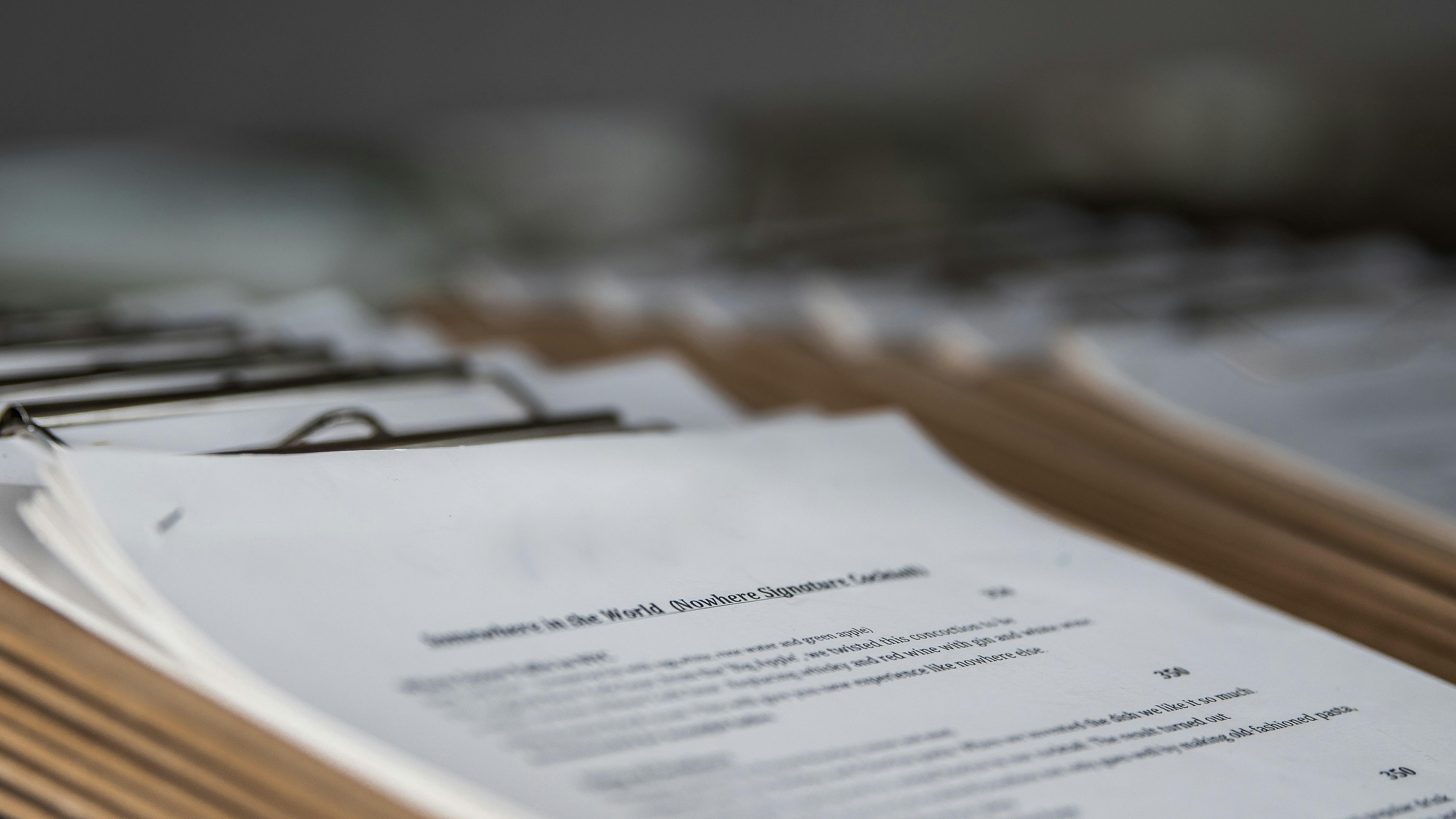Join Us for Exclusive Open House Events This Weekend and Find Your Perfect Home!
Explore Our Exciting New Property Listings Now Available in Prime Locations!
Discover Your Dream Home with Our Latest Listings and Personalized Services!
Take Advantage of Limited-Time Offers on Luxury Homes with Stunning Features!
Necessary Documentation to Buy a Property in 2025

Necessary Documentation to Buy a Property in 2025
Buying a property is one of the most important financial decisions anyone can make. But before closing the deal, it is crucial to be attentive to the required documentation. In 2025, the procedures have evolved, but attention to detail remains essential.
Ensuring that all paperwork is in order can prevent issues such as fraud, delays in delivery, or even invalidation of the purchase contract. Document verification is one of the pillars of a secure purchase, especially in times of digitalization and automation of processes.
In this complete guide, you will understand which documents are mandatory and how to obtain them.
Mandatory Documents for Buyer and Seller in 2025
Both the buyer and the seller must present a series of personal and property-related documents. This step is essential to ensure everything is regularized and that the property can be legally transferred.
Notaries and banks often require updated certificates, proof, and official records. The analysis of these documents serves to check for legal pendencies, debts, ownership history, and other conditions that impact the safety of the transaction.
Access the blog for more practical guides on buying and selling properties.
1. Documents of the Buyer
The main documents required from the buyer are:
- ID (RG, CPF, or CNH);
- Proof of marital status (marriage or birth certificate);
- Proof of current address;
- Proof of income (pay stub, bank statement, or income tax declaration);
- FGTS statement, if using it for financing.
In case of financing, the bank may also request a credit score, a certificate of no debt, and an analysis of payment capacity.
2. Documents of the Property and Seller
For the seller and the property, the main documents are:
- Updated property registration (issued by the Property Registry);
- Certificate of encumbrances and negative debt certificate;
- Current year's IPTU and proof of payment of condominium fees (if applicable);
- Certificate of occupancy (for new properties) and approved floor plan (when applicable);
- Personal documents of the seller and negative certificates (civil, labor, federal, state).
3. Additional Documents for Financing
If the purchase involves financing, the bank will require a more detailed analysis. In addition to the basic documents, you will need to submit:
- Income Tax Declaration;
- FGTS statement (if using it as down payment);
- Promise of sale contract;
- Full certificate of the property registration.
News insight
 Jun 12, 2025
Jun 12, 2025How to Avoid Scams When Renting a Property Online
Learn how to identify fake listings and avoid common scams when renting a property online. Rent safe...
 Apr 29, 2025
Apr 29, 2025Complete Guide to Understanding Real Estate Financing and Choosing the Best Option
Understand how real estate financing works, types of credit, interest rates, and essential precautio...
 Apr 29, 2025
Apr 29, 2025How to Choose the Best Neighborhood to Live In: Key Factors You Need to Consider
Discover the key factors to consider when choosing the best neighborhood to live in. Evaluate safety...

